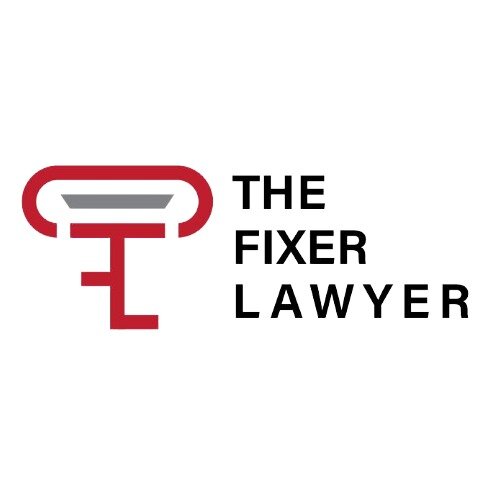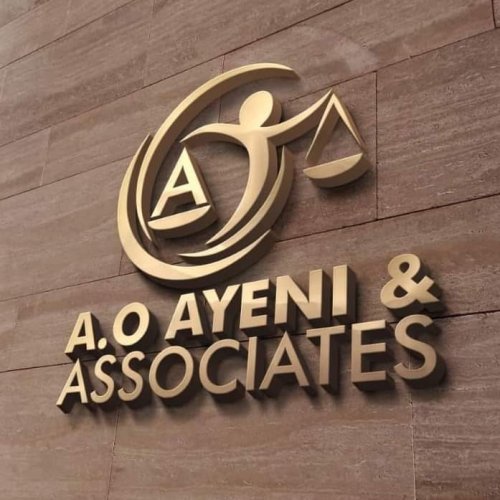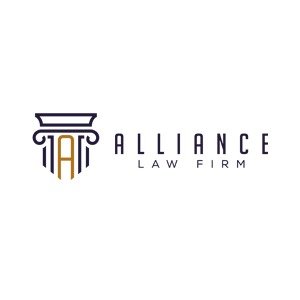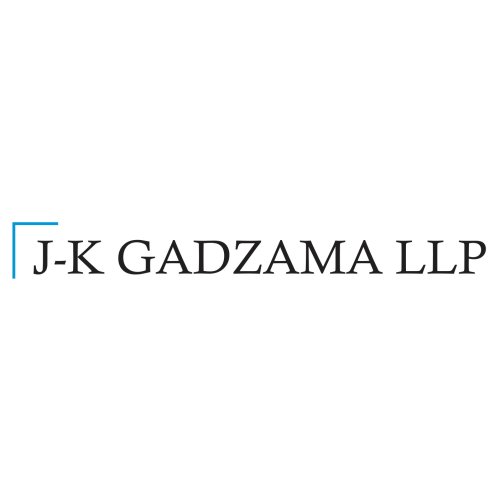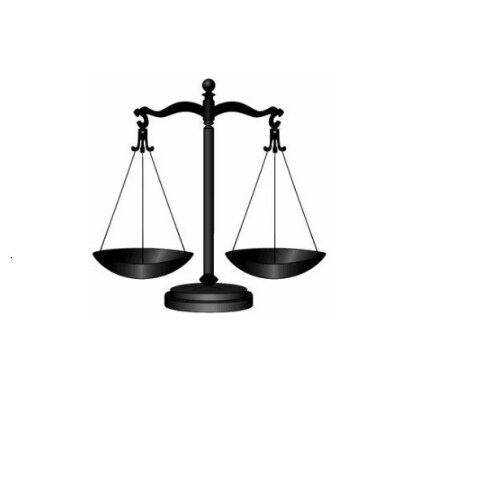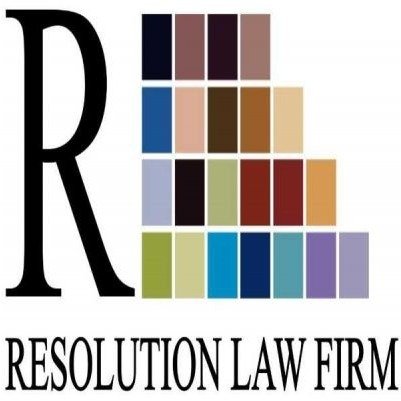Best Art & Cultural Property Law Lawyers in Abuja
Share your needs with us, get contacted by law firms.
Free. Takes 2 min.
List of the best lawyers in Abuja, Nigeria
About Art & Cultural Property Law in Abuja, Nigeria
Art & Cultural Property Law in Abuja, Nigeria, encompasses a wide array of legal principles and regulations aimed at protecting cultural heritage and managing art transactions. This field of law addresses issues related to ownership, transfer, and preservation of cultural property, while ensuring compliance with local and international standards. With Abuja being the political capital of Nigeria, it serves as a vital hub for cultural activities, where various stakeholders, including artists, collectors, museums, and governmental bodies, engage with these laws to safeguard Nigeria's rich cultural heritage.
Why You May Need a Lawyer
Engaging legal expertise in the field of Art & Cultural Property Law can be crucial for several reasons:
- Dispute Resolution: Legal assistance may be required to resolve disputes over ownership or authenticity of art and cultural items.
- Contract Negotiation: Lawyers help in drafting and negotiating transactions involving the sale, loan, or exhibition of artworks.
- Compliance: Navigating local and international regulations and ensuring compliance with cultural property laws.
- Protection of Rights: Safeguarding intellectual property rights associated with artworks and cultural expressions.
- Repatriation: Legal help in recovering cultural artifacts that have been unlawfully removed from their place of origin.
Local Laws Overview
The legal framework governing Art & Cultural Property in Abuja includes both national statutes and customary laws. Key legislation includes:
- The National Commission for Museums and Monuments Act, which governs the preservation and management of monuments and cultural heritage sites.
- The Copyright Act, addressing the protection of creative works, including visual arts and other artistic expressions.
- The Antiquities Act, which regulates the export and import of antiquities and prevents illegal trafficking of cultural artifacts.
These laws are enforced by various governmental bodies, reflecting Nigeria’s commitment to preserving its cultural heritage under both local and international standards, such as those provided by UNESCO conventions.
Frequently Asked Questions
What constitutes cultural property in Nigeria?
Cultural property includes objects, sites, and practices of historical, artistic, or cultural significance, such as artifacts, artworks, traditional music, and folklore.
Who is responsible for enforcing cultural property laws in Nigeria?
The enforcement of cultural property laws is primarily the responsibility of the National Commission for Museums and Monuments and the Nigerian Customs Service.
Can art and cultural artifacts be legally exported from Nigeria?
The export of certain artifacts is heavily regulated, and specific permits from the National Commission for Museums and Monuments are required to ensure it is lawful.
How can artists protect their works in Nigeria?
Artists can protect their works by registering them with the Nigerian Copyright Commission, which offers legal recognition and protection against unauthorized use.
Are there international laws that affect art transactions in Nigeria?
Yes, Nigeria is a signatory to several international treaties, such as the UNESCO Convention on the Means of Prohibiting and Preventing the Illicit Import, Export, and Transfer of Ownership of Cultural Property.
What is the process for recovering stolen cultural properties?
Recovery involves legal proceedings initiated by relevant authorities, often requiring proof of ownership and coordination with international bodies.
What legal considerations apply when purchasing art in Nigeria?
Purchasers should ensure provenance, verify authenticity, and comply with licensing laws. Legal advice can aid in avoiding counterfeit and illegally acquired items.
Are there incentives for cultural preservation in Nigeria?
Yes, the government often provides grants and support for cultural preservation initiatives to encourage the safeguarding of Nigeria’s heritage.
How does the Nigerian government support artists?
The government offers various programs, including funding and exhibitions, aimed at promoting and supporting the arts community. Legal frameworks also offer intellectual property protections.
Can foreign artists display their works in Nigeria?
Foreign artists can display their works in Nigeria, though specific permissions and adherence to local regulations are necessary.
Additional Resources
For more information and assistance, consider the following resources:
- The National Commission for Museums and Monuments: Oversees museums and heritage sites.
- The Nigerian Copyright Commission: Protects artistic works' copyright.
- Cultural Heritage Preservation Organizations: Various NGOs dedicated to art and cultural heritage protection in Nigeria.
Next Steps
If you need legal assistance in Art & Cultural Property Law in Abuja, consider the following steps:
- Consult with a specialized lawyer who has expertise in art and cultural property law.
- Gather any relevant documents or materials related to your case for review by your legal advisor.
- Stay informed about changes in laws and regulations impacting cultural property.
- Engage with local cultural institutions for support and advice on cultural property matters.
By taking these steps, individuals and organizations can effectively navigate the legal landscape surrounding art and cultural property in Abuja, Nigeria.
Lawzana helps you find the best lawyers and law firms in Abuja through a curated and pre-screened list of qualified legal professionals. Our platform offers rankings and detailed profiles of attorneys and law firms, allowing you to compare based on practice areas, including Art & Cultural Property Law, experience, and client feedback.
Each profile includes a description of the firm's areas of practice, client reviews, team members and partners, year of establishment, spoken languages, office locations, contact information, social media presence, and any published articles or resources. Most firms on our platform speak English and are experienced in both local and international legal matters.
Get a quote from top-rated law firms in Abuja, Nigeria — quickly, securely, and without unnecessary hassle.
Disclaimer:
The information provided on this page is for general informational purposes only and does not constitute legal advice. While we strive to ensure the accuracy and relevance of the content, legal information may change over time, and interpretations of the law can vary. You should always consult with a qualified legal professional for advice specific to your situation.
We disclaim all liability for actions taken or not taken based on the content of this page. If you believe any information is incorrect or outdated, please contact us, and we will review and update it where appropriate.





